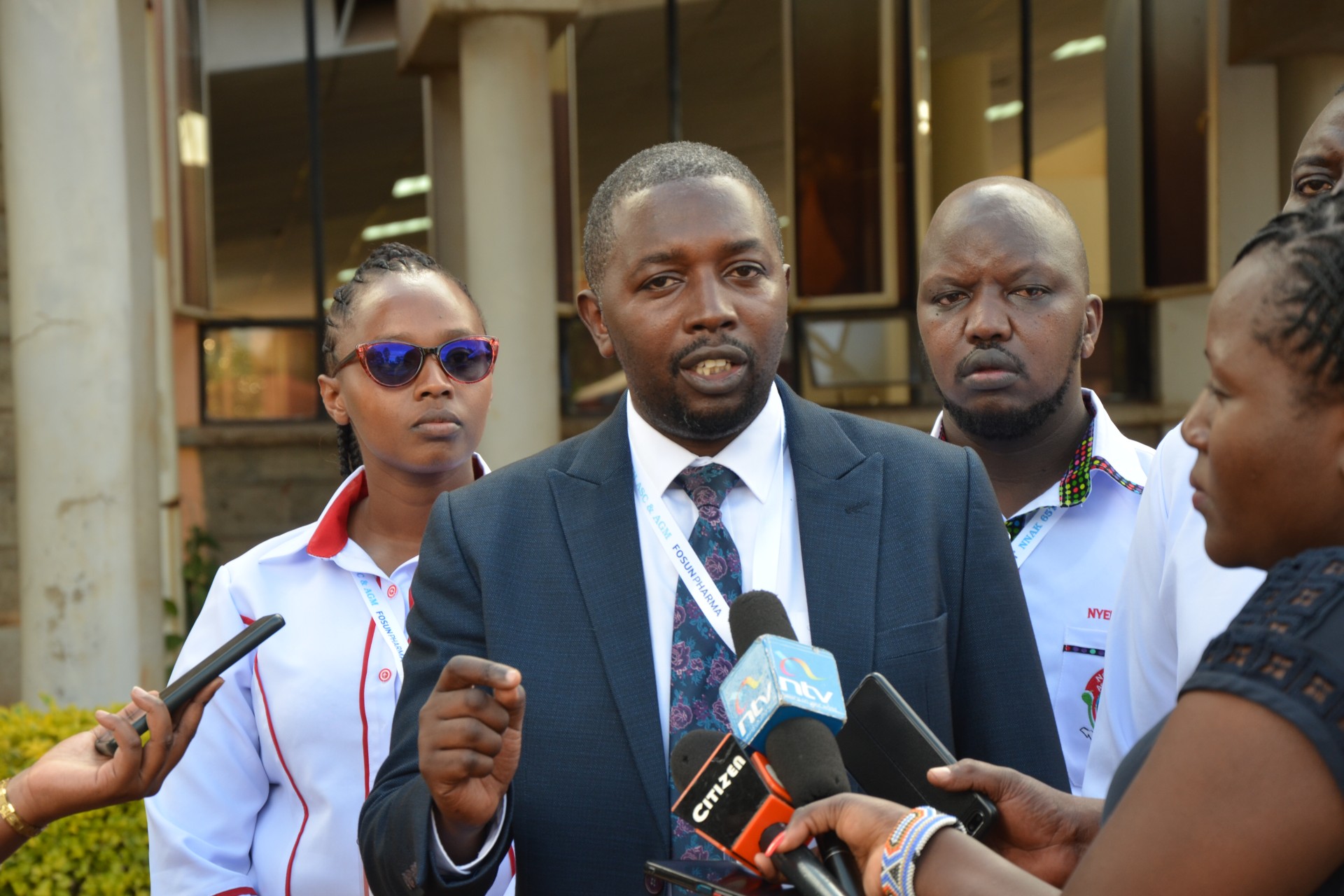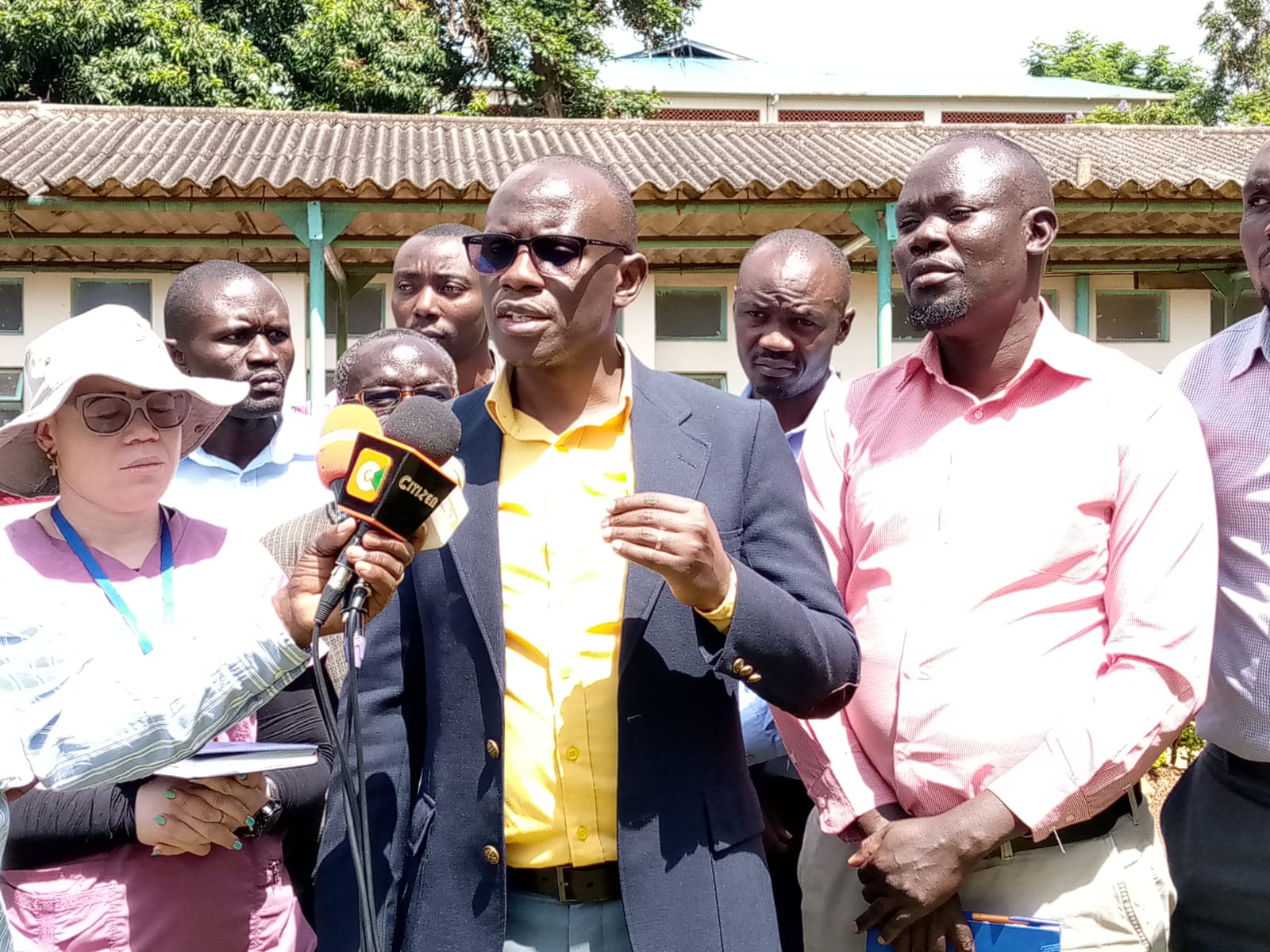National Nurses Association of Kenya (NNAK) has raised concerns over the professional capability of the Community Health Promoters (CHPs) to provide healthcare services to Kenyans.
The nurses say that due to their qualifications and lack of medical training, CHPs should only be limited to creating awareness about the importance of visiting a health facility to receive treatment.
They further argue that the duties that have currently been bestowed on the CHPs should have been taken up by Registered Community Health Nurses who are regulated and are trained to work at the community level.
“The concept is good but can we place the right people to be CHPs because we do not want mismanagement at the community level. The key issue here is how trained are they to handle medication? How trained are they to handle issues of injections?” said Dennis Mbithi, the association’s vice president.
“Let us have health workers at the community and that way we are going to deliver good results. But people who have not really gone to school should not be referring the clients to the facilities,” he added.
The Ministry of health is set to officially unveil a total of 100,000 CHPs during this year’s Mashujaa day celebrations in Kericho County on Friday.
According to the Health Cabinet Secretary, Susan Nakhumicha, the team will act as a link between the community and formal health facilities. They have also been tasked with promoting preventive and promotive health at the community level. They will also be responsible for providing basic health education, disease prevention and treatment.
The CS said that CHPs had been selected based on the global criteria with part of the requirements for consideration being that the CHP has to be a respectable person in the community they come from.
“The CHPs who the government is talking about, are people who are ‘influential’ in the eyes of the community. Mismanagement and misdiagnosis will be a common thing and with that we also have issues of drug resistance and issues of mortality will be there. We do not want mismanagement at the community level,” stated Mbithi.
Speaking at the sidelines of the 65th nurses’ annual scientific conference at the Kagumo Teachers’ Training College in Nyeri, the nurses have also challenged the national and county governments to strengthen health system by making nurses the centre of the Universal Health Coverage program. Mbithi said that nurses form the largest population of the health care professionals and should therefore be integrated into the scheme in order for the ministry to attain full coverage.
“As an association, we are advocating that the nurse be at the centre of Universal Health Coverage because we are the majority. In terms of ratios, 65 per cent of our healthcare system are nurses so if you have to attain UHC we need to support this 65 per cent,” noted NNAK’s vice president.
The nurses are also petitioning for the constitution of an independent commission which will address the lack of uniformity in the healthcare system. Mbithi said that at present each of the 47 counties was operating on different policies which he said was not good for the population.
“We are seeing a lot of non-uniformity on how different counties are operating. So for us to make sure our citizens get equal and quality services, we need a health service commission which can govern and manage how healthcare systems and structures are being run in this country,” said Mbithi.
This year’s conference has brought together more than 2,000 nurses from the 47 counties for a three-day summit which is themed “Our nurses, our future; addressing climate change for sustainable universal coverage”. Mbithi said in addition to lobbying the national and county government leaders to better support the healthcare system, the nurses will also be charting their contribution towards addressing the effects of climate change.

